Talk Overview
In part 1 of his lecture, Dr. Poo gives an overview of the cellular basis of learning and memory. He explains how sensory input results in neuronal activity in the neural circuits that can strengthen or weaken synaptic junctions for extended periods of time. The result of this modification of the synapse is perceptual learning and memory. He describes Donald Hebb’s cell assembly hypothesis that can be summed up as “cells that fire together wire together”. Poo goes on to describe how the phenomenon of long-term potentiation of synapses provides support to the Hebb’s hypothesis.
In Part 2, Poo expands upon the “cells that fire together, wire together” idea. He describes experiments investigating the requirement of the timing of pre- and postsynaptic neuronal spiking in the modification of synaptic strength by correlated activities. He shows the importance of the order of spiking in the pre- and postsynaptic neurons, and implication of this “spike timing-dependent plasticity” (STDP) in learning and memory.
Part 3 starts with a “name that tune” game to demonstrate that memory is temporally specific, i.e., the sequence and interval between events are important elements in our memory. Poo goes on to describe two experiments, based on the concept of STDP, that investigate how the visual system may store the memory of the sequence information in the visual experience and how such memory may be recalled.
The potential function of STDP in storing time interval information in the sensory experience is further illustrated in Part 4. Poo describes experiments on a randomly connected network of cultured neurons and on intact optic tectum of zebrafish larvae that demonstrate how SDTP provides a potential cellular mechanism for neural networks to store the memory of the time interval.
Speaker Bio
Mu-ming Poo
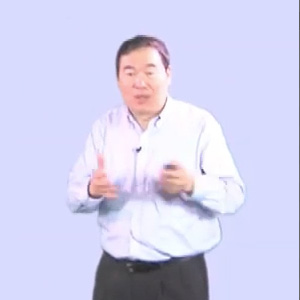
Currently, Poo is the Paul Licht Distinguished Professor in Biology in the Division of Neurobiology, Department of Molecular and Cell Biology at the University of California, Berkeley. Poo is also founding Director of the Institute of Neuroscience at the Chinese Academy of Sciences since 1999. Poo has received many awards and honors, including P.R.China International… Continue Reading
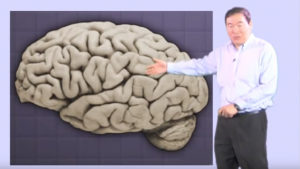
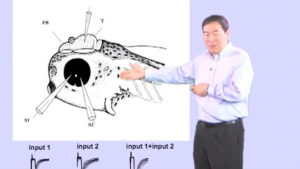
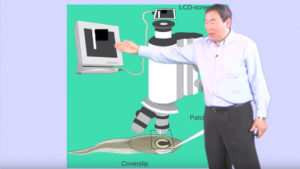
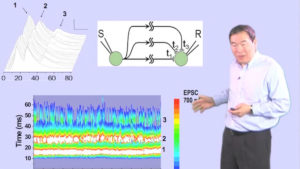
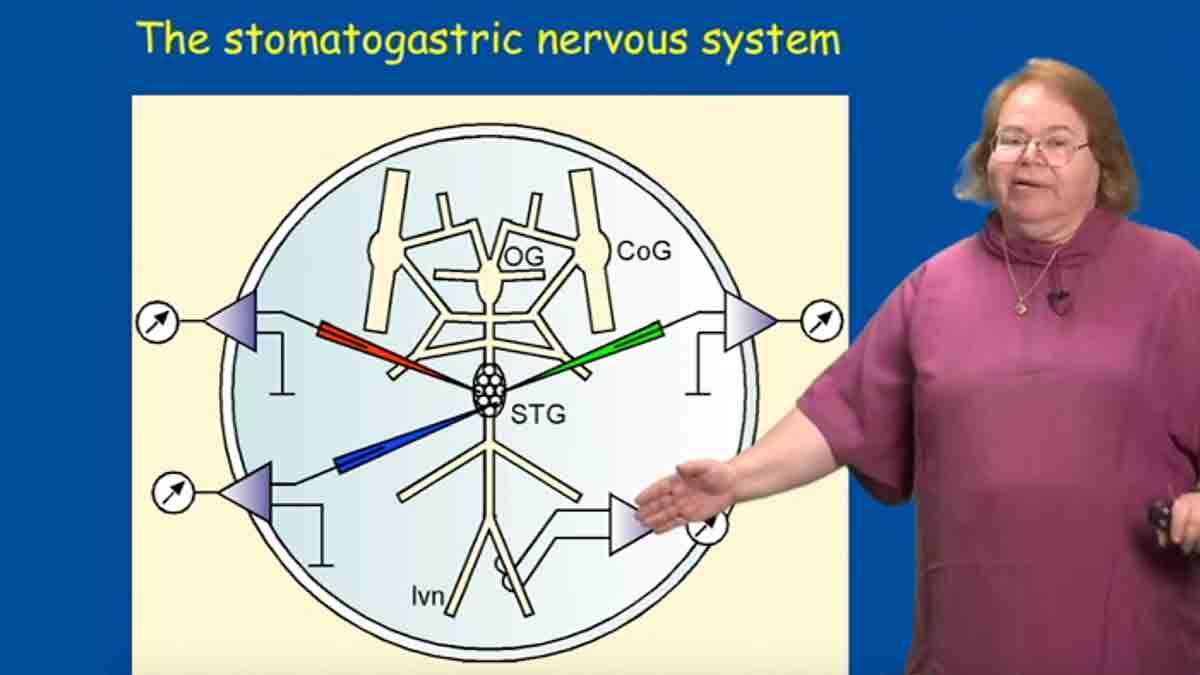
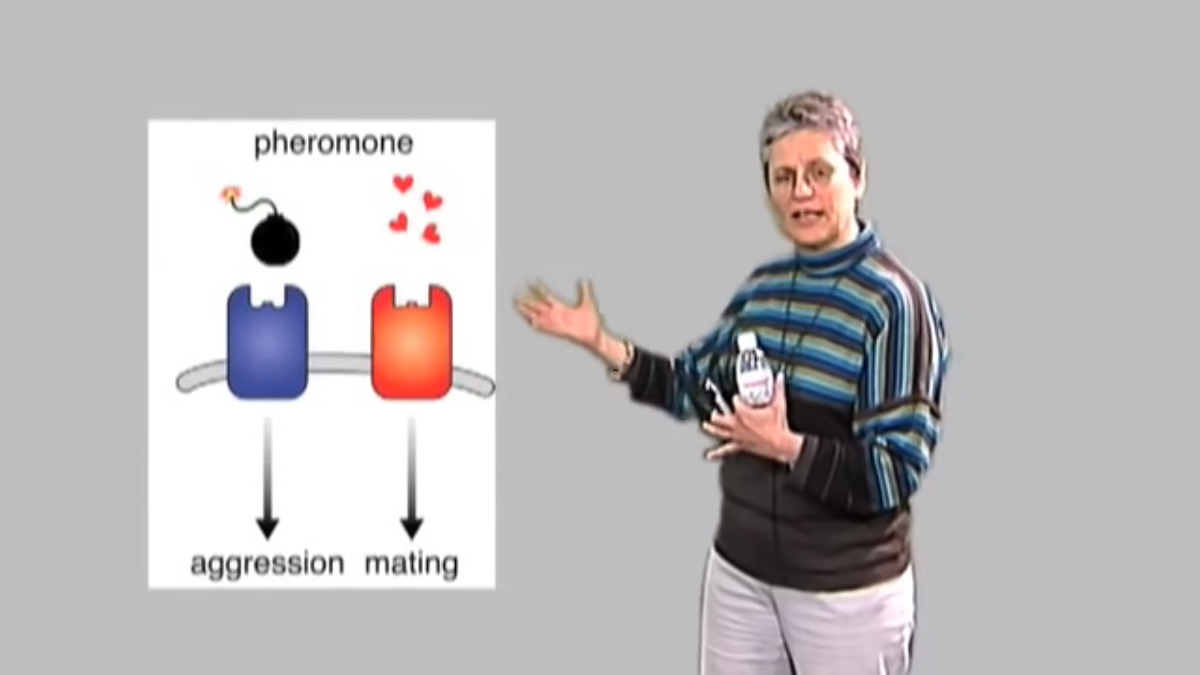
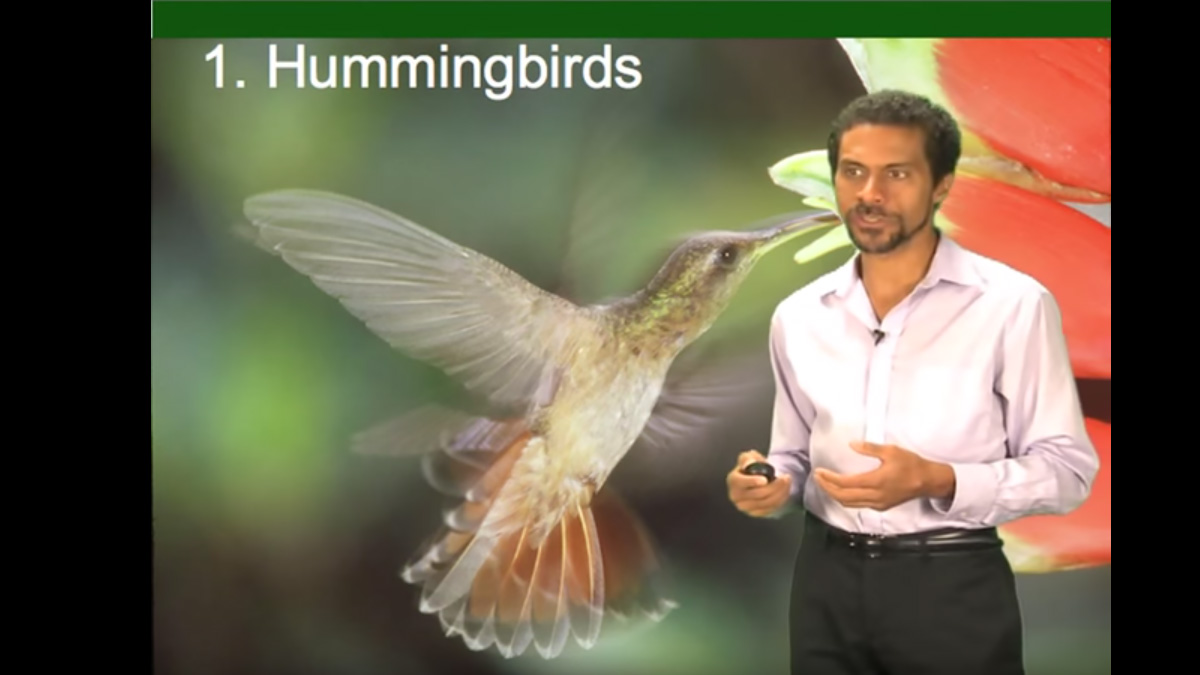
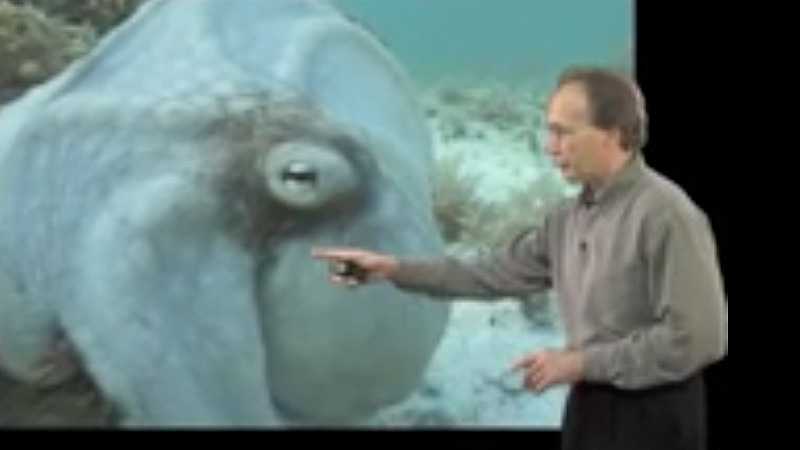





Leave a Reply